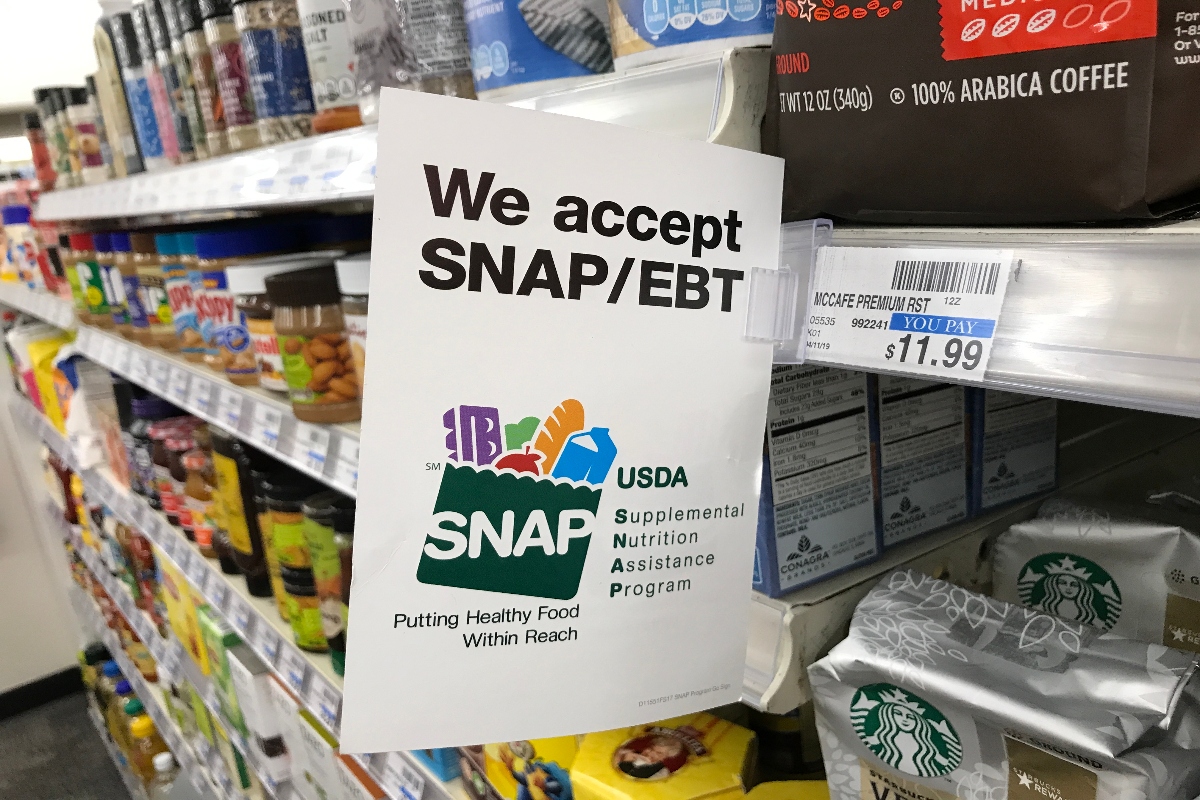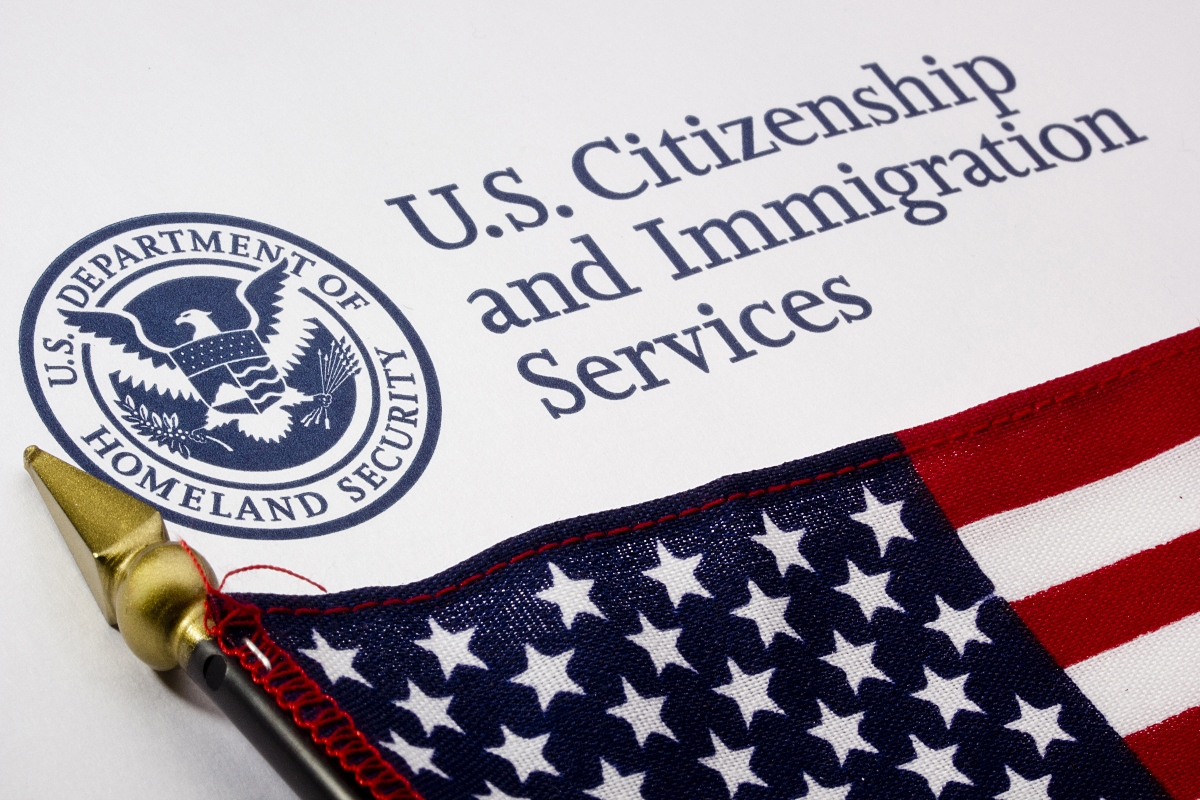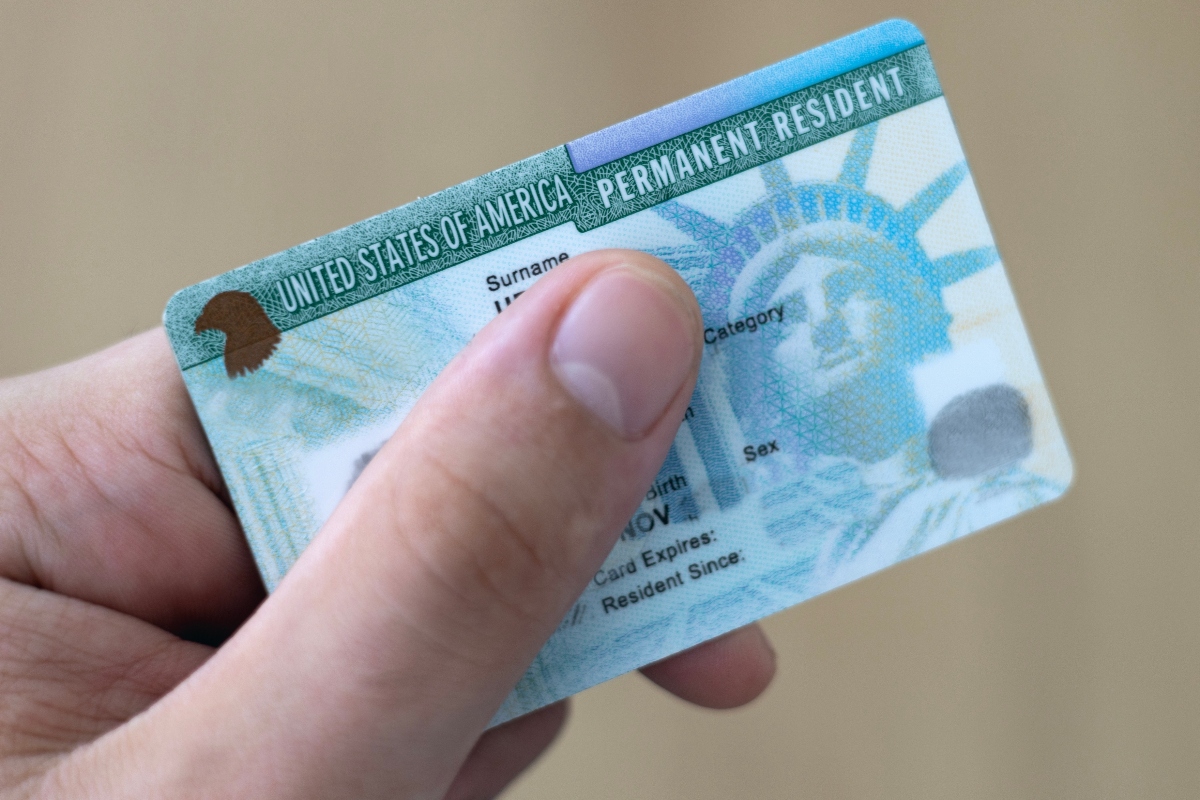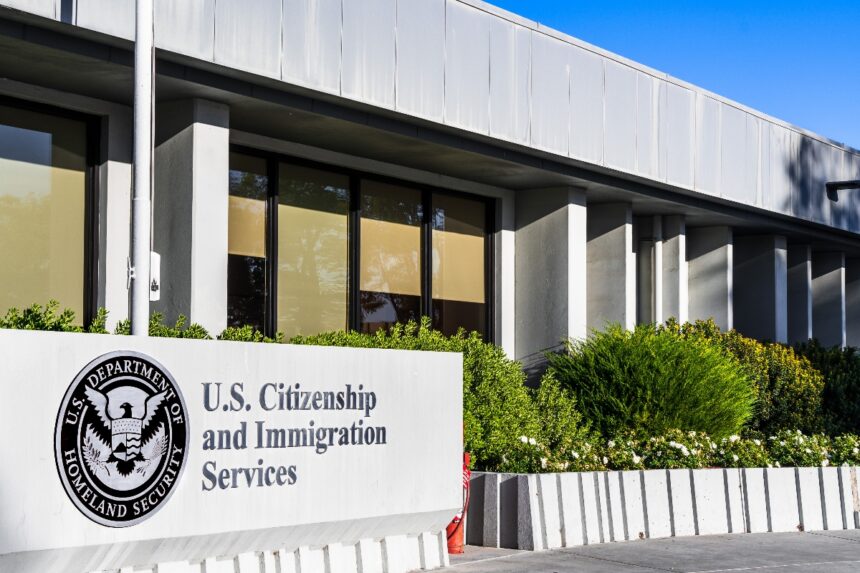U.S. Citizenship and Immigration Services (USCIS) continues to enforce in 2025 the public charge inadmissibility rule, initiated in December 2022 under the Joe Biden administration.
This rule returns to the traditional approach, focused on assessing whether a person could depend on the government for subsistence, but in a fair and equitable manner.
What benefits are actually considered?

They are only taken into account:
Cash income assistance (such as SSI or TANF), and
Government-funded long-term institutionalization.
Essential programs such as Medicaid, SNAP, WIC, public housing, community care, and immunizations are not considered.
Comprehensive and human evaluation

USCIS conducts an evaluation based on the applicant’s set of circumstances.
Factors to be assessed include:
Age, health, family status, education, skills, financial resources, and
Form I-864 (Affidavit of Support), when applicable.
This rule returns to the traditional approach
QuéOnnda.com
Who is exempt?
The public charge test does not apply to:
Refugees, asylees, TPS applicants, VAWA, T/U visas, and certain special minors (SIJS).
Also exempted are grants received while they were in that condition.
Practical relevance for Hispanic migrants

You can access essential services such as health, nutrition, emergency housing and COVID-19 vaccination with peace of mind, without affecting your immigration application.
However, if you have received cash benefits or prolonged institutionalization, it is critical to discuss this with an attorney before applying.
Looking ahead
Although there are no immediate changes to this policy, there are signs of increased scrutiny (“RFEs”) on green card applications.
USCIS reminds its officers to apply comprehensive and fair criteria without sacrificing professional discretion.
In summary, in 2025, USCIS maintains the public charge rule:
Only cash assistance and prolonged institutionalization count.
Programs such as Medicaid or SNAP do not affect.
Personal factors are evaluated, with exemptions for refugees and TPS.
Green card applications face increased scrutiny.
For more information, visit QuéOnnda.com.























